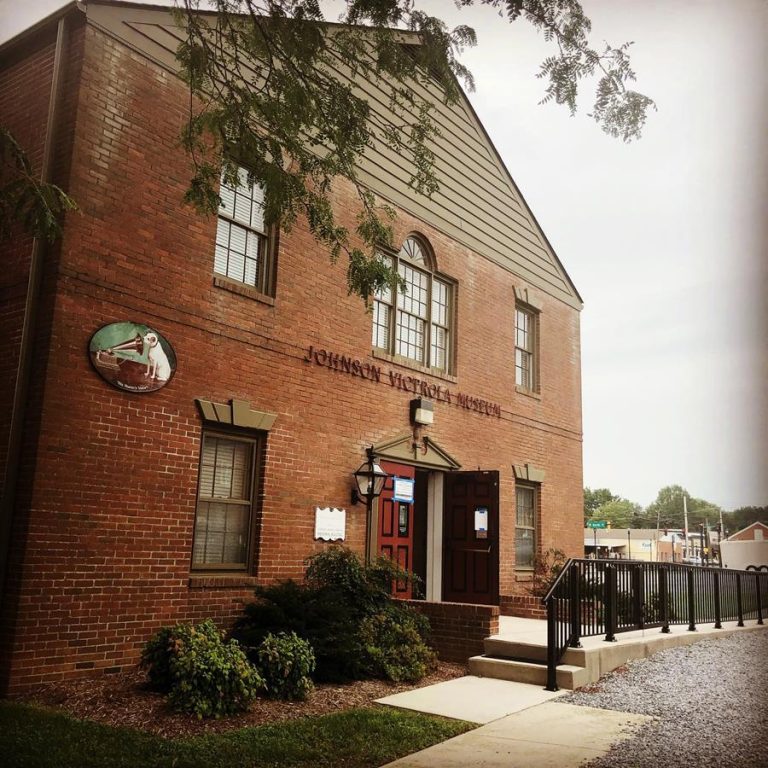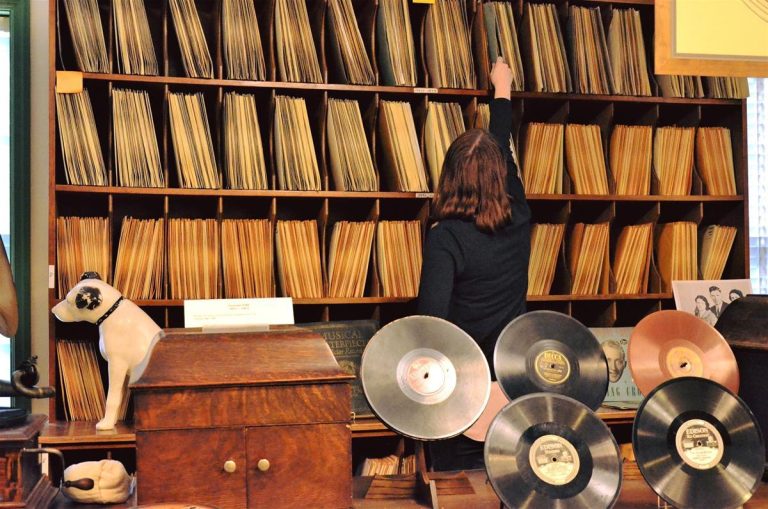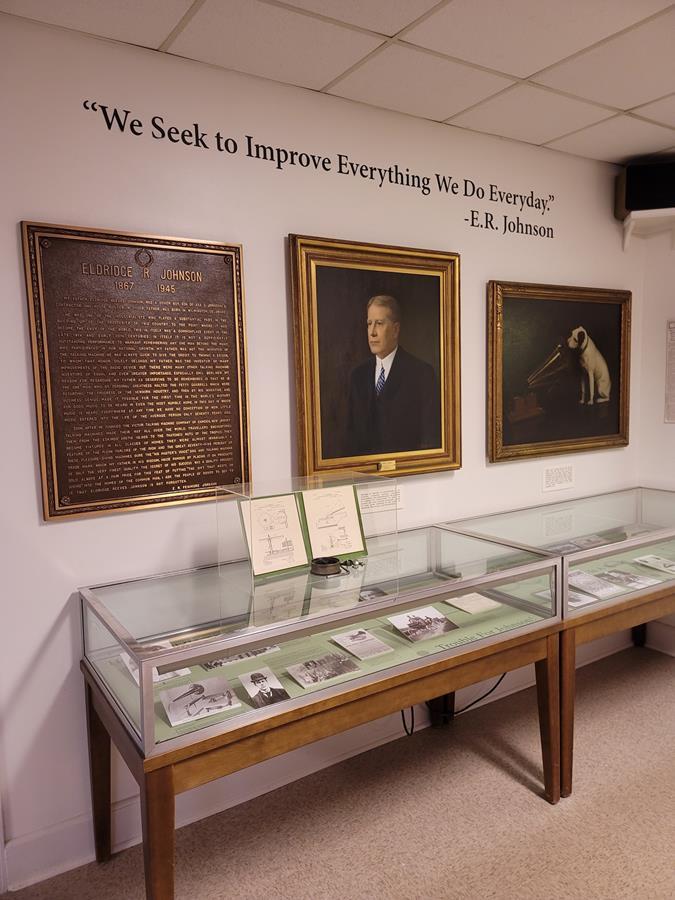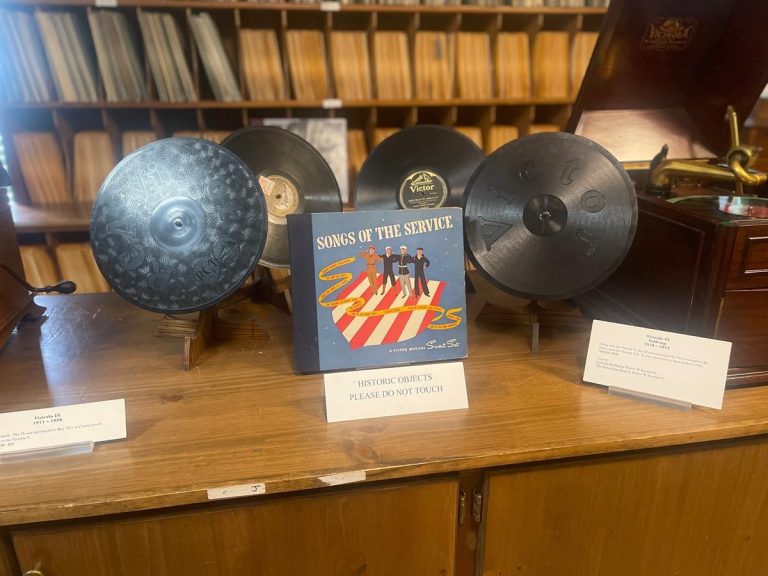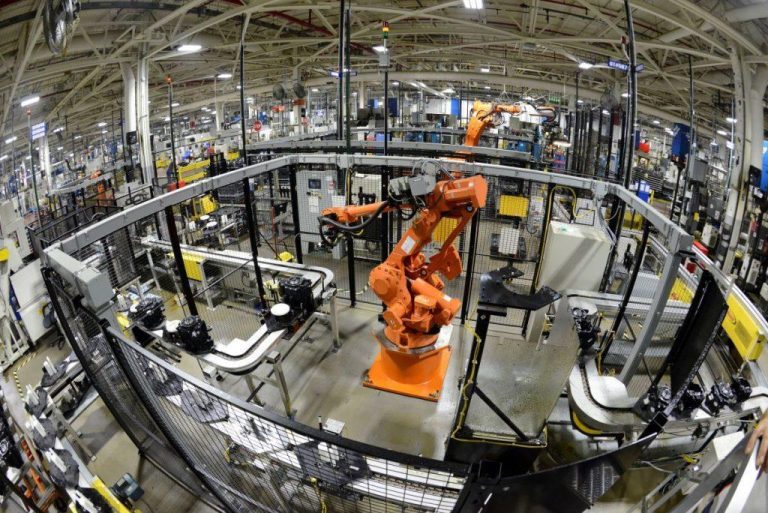The museum offers a unique educational experience focused on the history of the Victor Talking Machine Company, a pioneer in the sound-recording industry founded by Delaware native Eldridge Reeves Johnson. The museum provides an engaging setting for students to explore the technological advancements in sound recording and the cultural impact of these innovations. Through curated exhibits that feature phonographs, recordings, and memorabilia, students gain insight into the evolution of audio technology and its significance in American history.
Educational programs at the Johnson Victrola Museum are designed to align with various areas of study, including history, technology, and music. Students can participate in guided tours highlighting the key milestones in the development of sound recording, from the early phonographs to the modern era. These tours often incorporate storytelling elements that illustrate how music and sound recording have influenced popular culture and social movements, providing a rich context for social studies and civics discussions.
In addition to historical content, the museum offers hands-on workshops where students can interact with vintage phonographs and listen to historical recordings. These activities enhance students’ understanding of the technology behind sound recording and foster an appreciation for the art of music. Students learn to analyze and interpret historical artifacts by engaging with primary source materials, enhancing their critical thinking and analytical skills.
The museum also serves as a platform for discussing the broader implications of technological advancements in society. Programs can include explorations of how sound recording has changed communication and entertainment and its role in preserving cultural heritage. This multidisciplinary approach encourages students to consider the intersections of history, technology, and art, enriching their learning experience.

